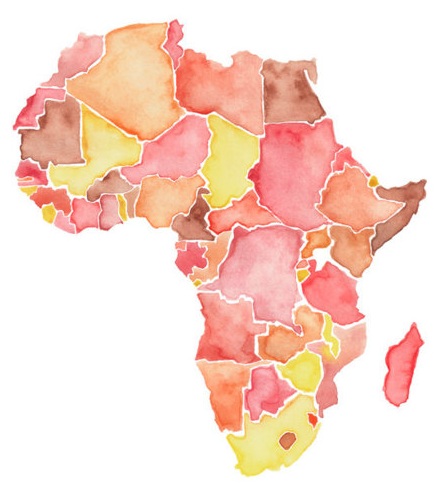African Tech Tidbits: regionalism, Egypt, energy, and more
April 24, 2012 » UncategorizedOne Comment
On our mind this April 24th, 2012 are a range of themes and trends:
- There are a fair number of African tech conferences, but more sub-regional workshops to discuss the general Internet ecosystem would not be a bad idea. The African Telecommunication Union held one such workshop last month in Burkina Faso. The West African Information and Communications Technology Congress is to be held in May to address broadband penetration.
- We’re always interested to see how African nations invest intra-continentally. For example, South African IT firms are tapping into the burgeoning SME market in East Africa. Such attention helps cement East Africa as a regional hub, but can also be applied to create tech hubs out of other areas. Arnold Matimba wrote an excellent post on investment opportunities in Zimbabwe, for example.
- Where can Google go now that it owns 95% of the search engine market in Egypt? Only up, as the company competes with itself to focus on the user and deliver more relevant content in rapidly expanding market. In fact, Google is strategically inviting competition by sponsoring new tech companies. The hope is that competitors will thrive around social media – including YouTube and Google+. A smart move, indeed. Perhaps more online companies should foster such investment given the nascent state of the Egyptian e-commerce business.
- How many Facebook users will be arrested in Africa this year? We’ve already counted arrests in Kenya, Tunisia, and Malawi. In 2011, Facebook users were arrested in Zimbabwe, Ethiopia, Nigeria, and Kenya. And most arrests weren’t even during election season.
- IXPs are perhaps one of the more under-utilized concepts in developing countries. The mutual peering infrastructure/agreements allow multiple ISPs to exchange traffic between networks at essentially no cost. Great news that Nigeria expects to commission two more this year (Kano and Port Harcourt).
- Over the past two months, we’ve seen at least one news story per week about cyber crime or cyber security. Expect this to remain a hot topic in 2012.
- Stories how Nokia, Ericsson, IBM, Lenovo, and Microsoft are investing in African human capital abound, but where is Apple? iPad 3 is currently unavailable in Africa (the device is set to launch in South Africa on April 27th), but the MacBook has some presence, especially among larger businesses and government officials. One would think Apple would have a larger skills initiative on the ground in at least South Africa.
- Energy is still a pressing issue that is ignored in lieu of urban achievement. Upon seeing digital/online successes in urban South Africa, Kenya, Ghana, Nigeria, etc. we forget how many other urban areas (and of course rural) lack a steady supply of electricity. Again, the lack of electricity is a glass ceiling to progress, especially in light of Google executive chairman Eric Schmidt’s comments at Mobile World Congress that the goal is to have technology seamlessly integrated with daily life, “like electricity seems to have just always been there”. More positively, telecoms operators from across the continent will come together this week to discuss this issue.
- There’s no shame in having government officials be taught IT skills. Kenya, Zambia, South Africa, Tanzania, and Mauritius have sent officials to train in an AU program for e-skills. Similarly, before we forget, no government should be using Hotmail or Yahoo email accounts for official correspondence.
- As always, be careful interpreting Internet speed rankings. Last month, nearly everyone was keen on sharing Ookla NetIndex’s report by country. Again, the cited speeds are between the end user and ISP. Most content on the web is found on even more remote (ie. international) servers. If only Ghana actually averaged 5 Mbps…
Finally, as the Kenyan Vision 2030 director-general reminds us, everyone – institutions, developers, etc. – must think outside the box in order to become a middle-level economy.













 Twitter
Twitter Facebook
Facebook Pinterest
Pinterest
[…] the growing trend of authorities cracking down on Facebook users, we asked the question: How many Facebook users will be arrested in Africa this […]